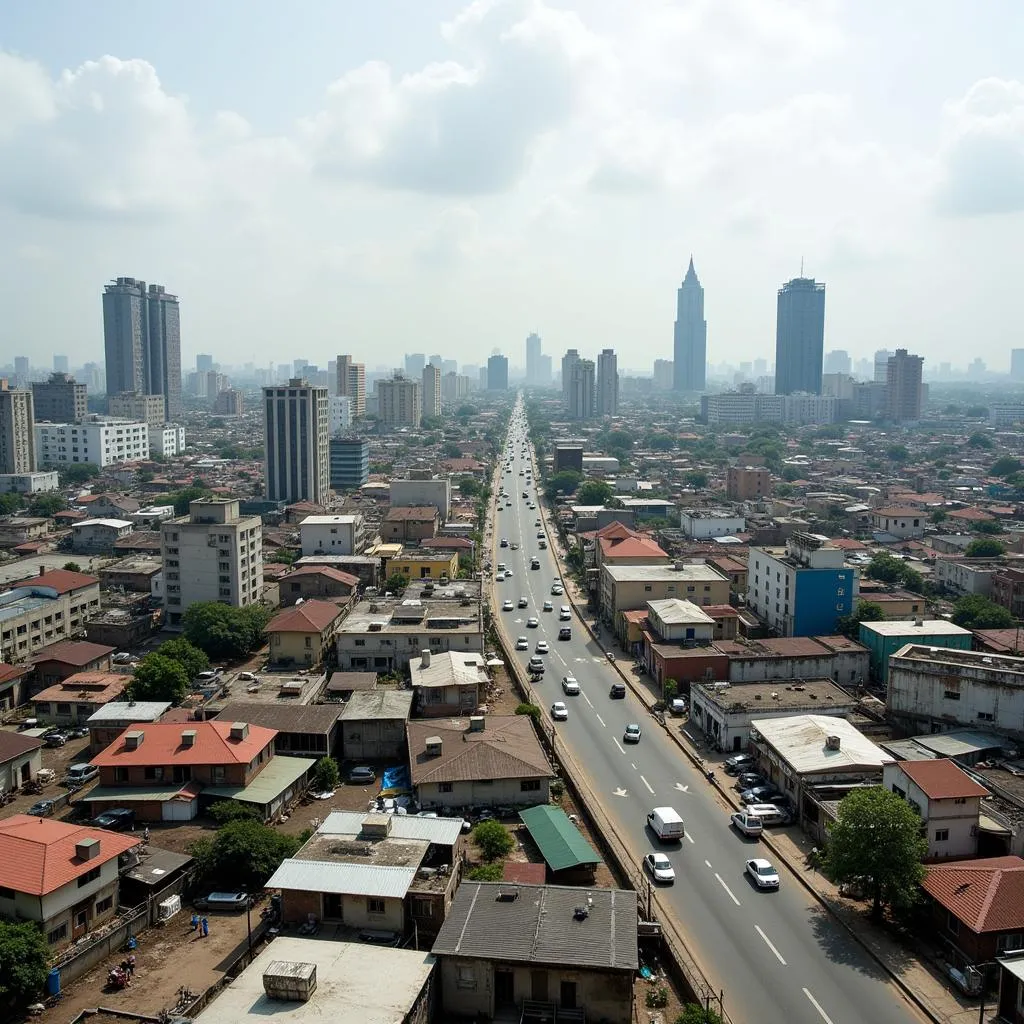African American Slave Trade Facts: Unveiling a Dark Chapter in History
The African American slave trade, a period spanning over four centuries, remains a harrowing testament to human cruelty and exploitation. This article delves into the brutal realities of this tragic chapter, exploring its origins, impact, and enduring legacy.
The Transatlantic Slave Trade: A Global Enterprise
The transatlantic slave trade, a complex and interconnected system, involved the forced migration of millions of Africans across the Atlantic Ocean to the Americas. European powers, driven by economic greed and a belief in their racial superiority, established colonies in the New World, exploiting the land and its resources for profit. This demand for labor led to the enslavement of Africans, who were seen as disposable commodities.
The Middle Passage: A Journey of Horror
The journey from Africa to the Americas, known as the Middle Passage, was a horrific ordeal that epitomized the dehumanization of enslaved Africans. Crammed into overcrowded ships, they endured unimaginable conditions: disease, starvation, physical abuse, and psychological trauma. Millions perished during these voyages, their bodies tossed overboard, their suffering a testament to the barbarity of the trade.
Life on Plantations: Brutality and Resistance
Upon arrival in the Americas, enslaved Africans were subjected to a life of forced labor on plantations, primarily cultivating cash crops like sugar, tobacco, and cotton. Their days were marked by grueling work, meager rations, and the constant threat of violence. Despite these oppressive conditions, enslaved Africans resisted their captivity in various ways, from covert acts of sabotage to armed rebellions, demonstrating their resilience and unwavering desire for freedom.
The Abolition Movement: A Fight for Human Dignity
The 18th and 19th centuries witnessed the rise of the abolition movement, a diverse group of individuals who fought tirelessly to end slavery. Through passionate speeches, writings, and political activism, they exposed the horrors of the slave trade and challenged the moral conscience of society. Figures like Frederick Douglass, Harriet Tubman, and Sojourner Truth emerged as powerful voices for abolition, inspiring others to join the fight for justice.
The Legacy of Slavery: Enduring Impacts
The African American slave trade left an indelible mark on the world, shaping societies, economies, and cultures. The forced migration of millions of Africans resulted in the African diaspora, contributing to the rich cultural tapestry of the Americas. However, the legacy of slavery continues to cast a long shadow, manifesting in systemic racism, economic inequality, and social injustices that still resonate today.
Understanding the Past, Shaping the Future
Learning about the African American slave trade is not merely an academic exercise but a moral imperative. By confronting this dark chapter in human history, we can gain a deeper understanding of its enduring consequences and work towards creating a more just and equitable society for all.
FAQ:
- What were the main motivations behind the African American slave trade?
The primary motivation was economic. European powers sought to maximize profits from their colonies, and enslaved Africans provided a cheap and readily available source of labor. - How did enslaved Africans resist their captivity?
Resistance took many forms, including work slowdowns, feigning illness, running away, and organizing rebellions. Enslaved Africans also maintained their cultural practices and spiritual beliefs as a form of resistance. - What were the long-term impacts of the slave trade?
The slave trade had profound and lasting impacts, including the development of racist ideologies, economic disparities, and social injustices that continue to affect societies today. - What can we learn from studying the African American slave trade?
By understanding the history of slavery, we can learn from past mistakes, challenge systemic racism, and work towards creating a more just and equitable future.
Need More Information?
Explore these related articles for a deeper understanding:
- African American historical sites: Discover significant locations that tell the story of African Americans.
- African American artifacts: Uncover the tangible remnants of African American history and culture.
- African American museum: Immerse yourself in the rich history and cultural heritage of African Americans.
- African American museum DC: Experience the only national museum dedicated exclusively to the documentation of African American life, history, and culture.
- African diaspora writers notes: Delve into the literary works of writers from the African diaspora, exploring themes of identity, history, and culture.
If you need any support or have questions, please don’t hesitate to contact us:
Phone: +255768904061
Email: kaka.mag@gmail.com
Address: Mbarali DC Mawindi, Kangaga, Tanzania.
Our customer support team is available 24/7.

